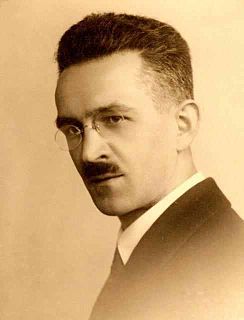 W
WWłodzimierz Roman Aftanaziw, known as Roman Aftanazy – was a Polish historian, librarian and author of a monumental work of reference Dzieje rezydencji na dawnych kresach Rzeczypospolitej - History of Residences in Poland's Former Eastern Borderlands, (1991–1997), listing and describing the cultural heritage contained in the myriad estates and grand residences in the once Polish Kresy and Inflanty regions.
 W
WJohn Baptist Albertrandi was a Polish Jesuit, bishop and historian of Italian extraction, born in Warsaw.
 W
WEwa Bąkowska was a Polish librarian, activist and representative of the Katyn Families.
 W
WAleksander Ludwik Birkenmajer was a Polish historian of exact sciences and philosophy, bibliologist, professor of the Jagiellonian University in Kraków and of the Warsaw University.
 W
WMieczysław Jan Gębarowicz (1893–1984) was a Polish art historian, soldier, dissident, museum director and custodian of cultural heritage.
 W
WŁukasz Gołębiowski was a Polish ethnographer, historian, translator and librarian. In 1794, he fought as a Polish army officer in the Kościuszko Uprising against Russia and participated in the Battle of Szczekociny.
 W
WMaria Makowska-Kalinowska and Bogdan Kalinowski were a married couple from Poznań, Poland, known as the most avid filmgoers in Poland. They watched films in cinemas of Poznań regularly from 1973 on. In 2010 alone they watched 563 films. Altogether, between 1973 and 2010 they had viewed over 11,000 films together; by mid-2015 the total exceeded 13,000.
 W
WWojciech Kętrzyński, was a Polish historian and the director of the Ossolineum Library in Lemberg, then the capital of Galicia, Austrian Empire. He focused on Polish history at a time when Poland was partitioned between foreign powers. He opposed the idea of Germanization and assisted in the January Uprising for Poland's cause. In 1861 he legally changed his name and became a Polish national.
 W
WCarl Gottfried Woide, also known in England as Charles Godfrey Woide, was an Orientalist, a biblical scholar and a pastor.